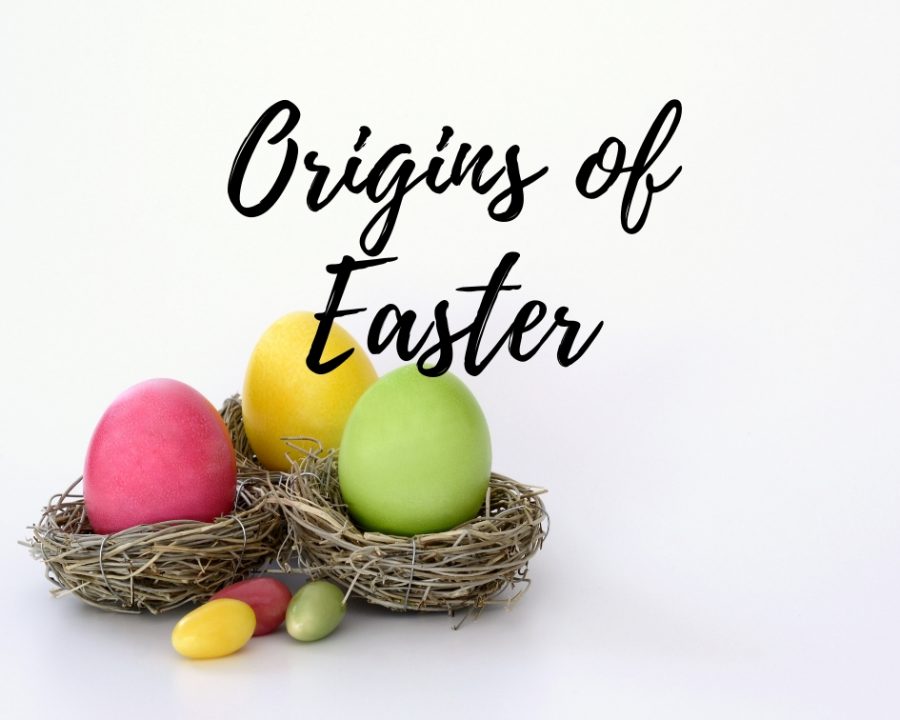Origins of Easter
April 11, 2019
Most people know Easter as a Christian holiday celebrating the resurrection of Jesus Christ on the third day following his burial and crucifiction. However, the actual origins of Easter go back much farther.
Christianity, in its earliest stages, has a history of appropriating pre-Christian, pagan holidays and warping them to fit their religion and attract more followers, Easter is no different.
The English word Easter, which parallels the German word Ostern, is of uncertain origin.
One view, was that it derived from Eostre, or Eostrae, the Anglo-Saxon goddess of spring and fertility.
“The festival of Pasch [Passover] held by Christians in post-apostolic times was a continuation of the Jewish feast … from this Pasch the pagan festival of ‘Easter’ was quite distinct and was introduced into the apostate Western religion, as part of the attempt to adapt pagan festivals to Christianity,” according to Jerold Aust, Minister of the United Church of God.
After the fall of the Roman empire in western Europe, the region was fragmented into a myriad of religions.
Roman Catholicism actually happened to be a minority, the celts, vandals, and goths that had pummeled the failing Roman Empire now ran free and prospered.
Most religions, particularly those of significant age, have holidays or celebrations in relation to the seasons.
Druidic, celtic, and nordic religions all had such holidays, and as the catholic church rose in power, they sought to expand their following.
However, few were eager to trade their holidays full of drinking and merrymaking to a religion where such things were forbidden.
Therefore, the church began to adopt holidays, such as present day Easter, Christmas, and Halloween, and change them to suit their own religion while not outcasting the fun-loving pagans.
Spring was seen as the season of fertility and resurrection, as the land was reawoken after the long winter and farming season could begin again.
Symbols such as rabbits and eggs are inherently pagan with their connection to fertility and resurrection with Christianity; and such the modern Easter holiday was born.


